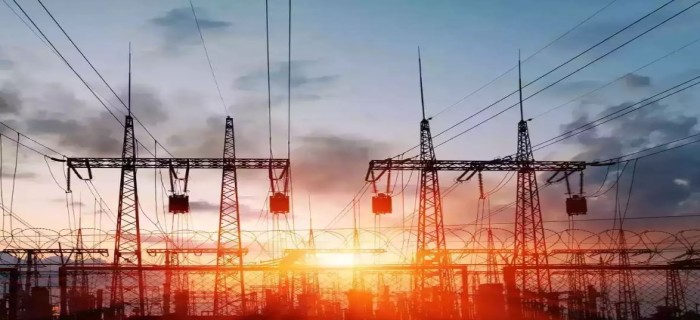
India to Expand Power Grid with $107 Billion Investment, Keeping an Eye on Private Capital
08 Jan 2025
India is urging its states to attract increased private investment to accelerate the expansion of its power transmission network. This move is part of a broader initiative to overhaul the country’s grid and enhance its capacity to facilitate the integration of increased renewable energy sources.
The Central Electricity Authority (CEA) has proposed that states monetise their transmission assets by transferring ownership to private businesses for a set period, with the proceeds being reinvested into new infrastructure projects. In its report, the CEA also recommended that power regulators establish a pricing mechanism that ensures stable and predictable revenue streams for investors.
The country is planning to invest ? 9.2 trillion (around $107 billion) by 2032 to expand its transmission infrastructure. This move aims to nearly triple the country’s clean power capacity by the target year. In addition, new networks are required to transport electricity from coal plants being constructed to meet the growing demand for energy.
One-third of the investment should be spent on regional networks, where the grid is predominantly controlled by government-run companies. A recent report suggests that due to competing social and economic priorities, governments may struggle to maintain current levels of public funding for infrastructure projects. As a result, it advocates for a boost in private sector investment. It also highlights that monetising existing (brown-field) asset could present a less risky and more appealing option for attracting private capital.
The report highlights that predictable cash flows would be crucial in attracting private capital. This could signal a shift away from current regulations, where transmission charges for most intrastate networks are revised every five years. Moreover, investors are expected to prioritise payment security and a steady pipeline of assets slated for privatisation.



leave your comment